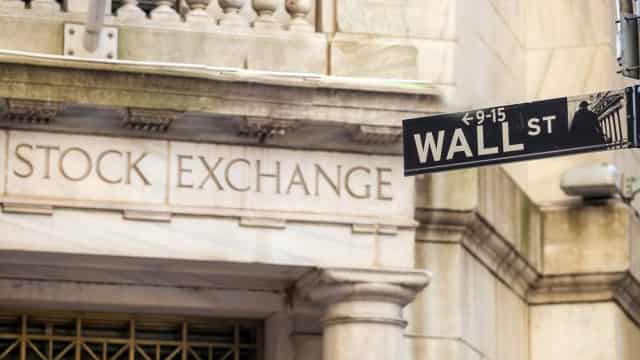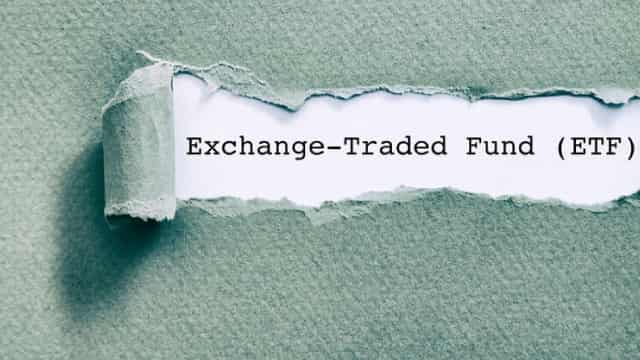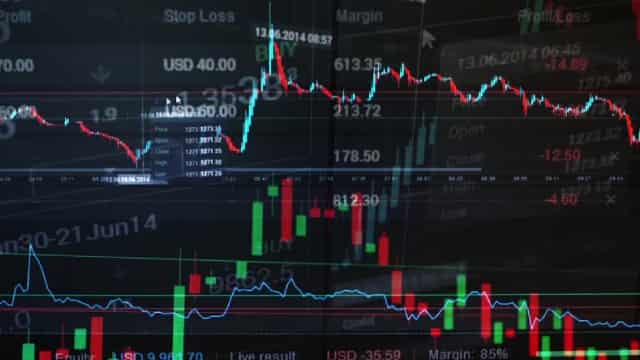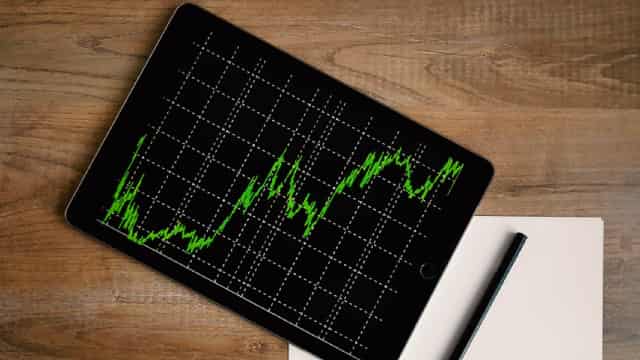iShares iBoxx $ High Yield Corporate Bond ETF
0
Funds holding %
of 7,407 funds
–
Analysts bullish %
Fund manager confidence
Based on 2024 Q4 regulatory disclosures by fund managers ($100M+ AUM)
144% more first-time investments, than exits
New positions opened: 154 | Existing positions closed: 63
13% more repeat investments, than reductions
Existing positions increased: 349 | Existing positions reduced: 309
8% more funds holding
Funds holding: 884 [Q3] → 953 (+69) [Q4]
2% more funds holding in top 10
Funds holding in top 10: 60 [Q3] → 61 (+1) [Q4]
0% less capital invested
Capital invested by funds: $19.3B [Q3] → $19.3B (-$22.8M) [Q4]
0.36% less ownership
Funds ownership: 119.28% [Q3] → 118.92% (-0.36%) [Q4]
68% less call options, than puts
Call options by funds: $7.35B | Put options by funds: $22.7B
Research analyst outlook
We haven’t received any recent analyst ratings for HYG.
Financial journalist opinion
Based on 3 articles about HYG published over the past 30 days
Neutral
CNBC Television
2 days ago
Final Trade: GDX, T, HYG, MP
The final trades of the day with CNBC's Melissa Lee and the Fast Money traders.

Neutral
Barrons
2 weeks ago
10-Year Treasury Yield Tumbles on Tariff Worries. What Bonds Are Safer.
The bond market is more than Treasuries. Consider munis, mortgage-backed securities, and investment grade debt.

Neutral
CNBC Television
2 weeks ago
Final Trade: MO, HYG, XLV, XOM
The final trades of the day with CNBC's Melissa Lee and the Fast Money traders.

Positive
Seeking Alpha
1 month ago
Can We Outperform HYG With Baby Bonds? Complete Review Of The Sector
HYG is a well-diversified ETF with $15.7 billion in net assets, 1,274 holdings, and an average yield to maturity of 7.17%. To be able to compete with HYG we need to analyze the entire sector of baby bonds. The fixed-income bond sector is analyzed by categorizing bonds above and below par, focusing on credit scores and yields for a comprehensive view.

Positive
ETF Trends
2 months ago
First Trust Lists 3 New Target Income ETFs
Today, First Trust Advisors announced it is expanding its roster of Target Income ETFs with the launch of three new funds. Each of these Target Income ETFs looks to generate current income with a secondary goal of capital appreciation.

Positive
Seeking Alpha
2 months ago
5% Yield Bonds Vs. REITs - Here's Why One Crushes The Other Long Term
Interest rates are historically high. Bonds often offer higher yields than REITs. Yet, REITs crush them over the long run. Here's why.

Neutral
Seeking Alpha
3 months ago
Closed-End Funds: Screening For Potential Opportunites To Kick Off Q1 2025
The closed-end fund space saw a significant narrowing of discounts throughout 2024 as equity markets charged higher and now discounts remain tight heading into 2025. In particular, equity CEFs have seen significantly narrowed discounts along with taxable fixed-income, though municipal bond funds look relatively attractive after widening discounts in December. We are screening for funds with the deepest discounts and widest z-scores to find potential buys and funds that may be getting a bit pricey as sell candidates.

Negative
See It Market
5 months ago
Are Junk Bonds (HYG) Flashing Warning Sign To Investors?
With all the euphoria in the market, junk bonds help calm the noise. Why? Because firms that issue bonds are generally looking to raise capital for growth, expansion, debt restructuring or other cash-flow for their business.

Neutral
Invezz
6 months ago
HYG vs JEPI: Which is the better dividend ETF to buy?
The iShares iBoxx High Yield Corporate Bond ETF (HYG) and the JPMorgan Equity Premium Income ETF (JEPI) ETFs have grown to become some of the most popular dividend funds among retirees, accumulating $35 billion and $15 billion in assets.

Neutral
Seeking Alpha
7 months ago
HYG: Not The Time, But Worth It After A Credit Dislocation
Default risk is rising, and high-yield credit is underpriced; I recommend caution until after a credit event for better opportunities. The iShares iBoxx $ High Yield Corporate Bond ETF offers access to high-yield bonds but is sensitive to economic cycles. HYG's broad indexing and low fees are attractive, but its market-value weighting leans towards highly indebted companies, increasing risk.

Charts implemented using Lightweight Charts™